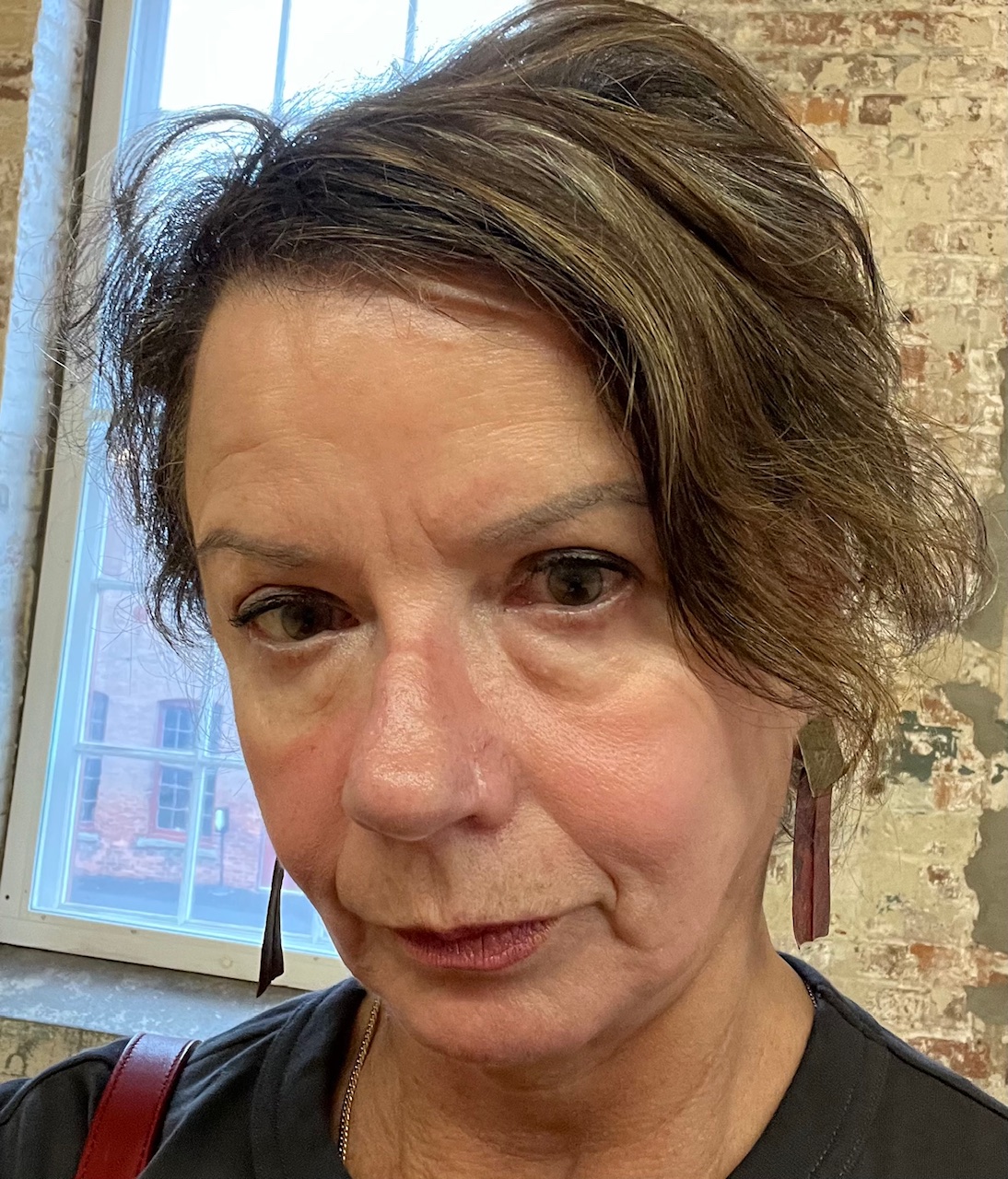Independent Researcher
Medical Anthropologist and Nationally Certified Medical Interpreter
Harvard Medical School
Department of Global Health Social Medicine
Boston, Massachusetts
[email protected]
Communicative justice is at the core of my research and practice as medical interpreter in the Greater Boston area. For the last 15 years I have observed, participated and struggled against the silencing of patients and toward the building of a paradigm for Critical Medical Interpreting.
While currently a professional medical interpreter, my discipline is anthropology. My doctoral dissertation addressed the political-economic context of forced religious conversion among the Arakmbut peoples in the Amazon region of southeastern Peru. Giving voice to the voiceless would become the soul of my lifelong work.
Once indigenous peoples learned that I had not come to study them but the forces that impinged upon them, I was asked to study side by side and in situ their harsh realities. This was my primary endeavor for over 25 years. I have hundreds upon hundreds of pages that emerged from such research, in which I employed but did not follow research interests and discourse in institutionalized academia originating in Western Europe, North America and their spheres of influence.
“World anthropologies,” in contrast, arise in response to realities, concerns and peoples throughout the world that may differ from “disciplined” institutional academic anthropological concerns from the North.” A parallel process would arise in medical interpreting practice and research.
While medicine has advanced in great strides and is capable of what once may have been thought of as miracles, administratively run biomedical approaches — imparted by the insurance, hospital and pharmaceutical industries for being cost-effective and evidence-based (an assumption questioned at times) — also circumscribe the parameters of medical interpretation. In this case, it is not the state that curtails the polyphony of voices and what it defines as valid “citizenship,” but the medical industry that defines in the context of healthcare what is or not “compliance” with medical orders.
Despite frequent talk and trainings on cultural awareness, biomedicine does not take into account that it in itself constitutes quite a distinct culture, one that generally disregards expressions, languages, practices and paradigms lying outside its very particular scope. Peoples and communities that do not acquiesce, implement or understand biomedical paradigms are seen as lacking the “capacity” to follow medical orders and their logic. Immigrant patient populations (but sometimes also English-speaking patients who are not familiar with biomedical culture and orders) come to be labelled and blamed for their lack of “compliance,” much as in the case of Amazonian indigenous peoples, deemed “undisciplined or savage.”
The medical industry is generally unaware of the extent to which cultural differences are not just a matter of mind over matter. Culture responds as importantly, if not more so, to the historical, social and political forces amidst which patients must fare. Much praised electronic health records focus on the generation of revenue within a “public health one-size-fits-all” biomedical approach, which limits severely what will be deemed as meaningful in a medical encounter, where multiple voices are present.
Medical interpreters, by protocol, must formally submit to this dynamic (although in practice they may not, often risking their necks). There are very few medical establishments in the U.S. that do not follow this pattern of seeing interpreters as an ancillary service. I contend that establishments should, instead, consider and recognize interpreters as members of medical teams. Interpreters should be respected by providers for their ability to hear, communicate and articulate the multiple voices, realities and paradigms at play, thereby maximizing healthcare outcomes.
I trust the Language, Culture and Justice Hub will promote critical analyses and discussion of what needs to change, why and how in the various types of institutions where multiple “voices” need to be heard within the broader field of language interpretation.
